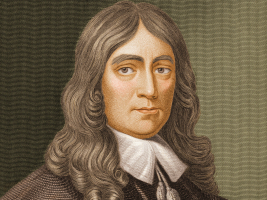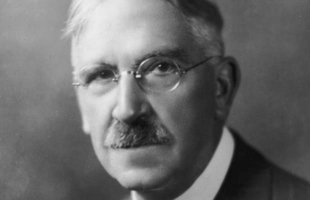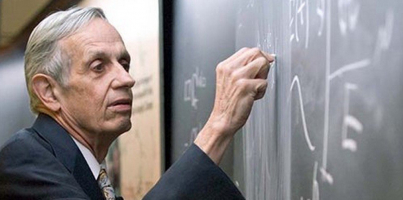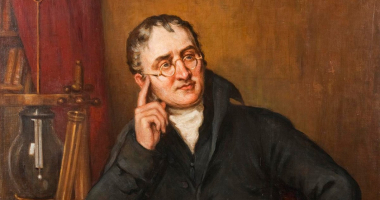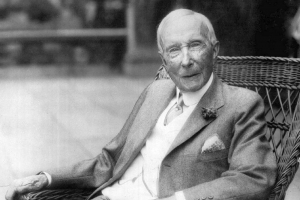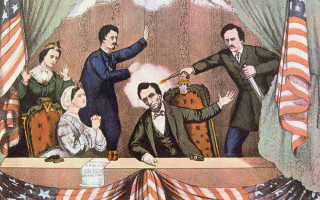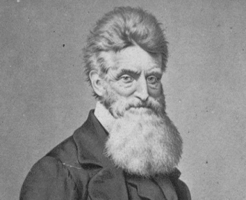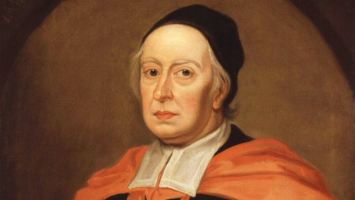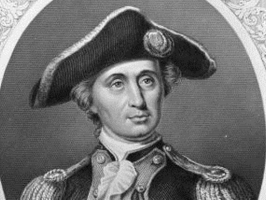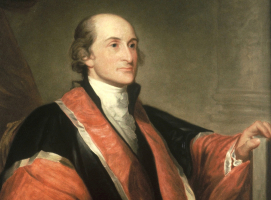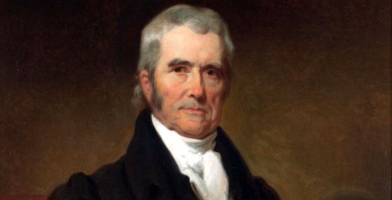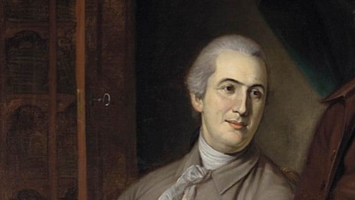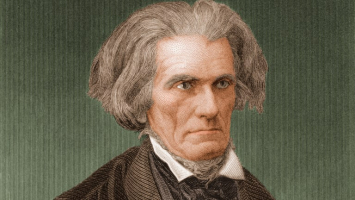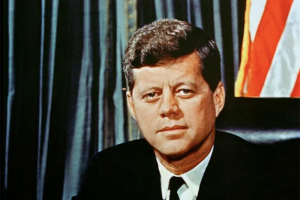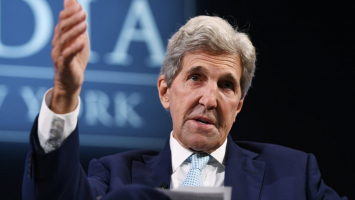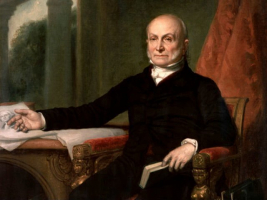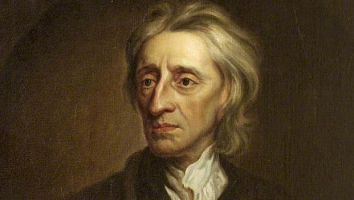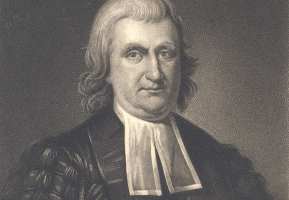Top 7 Interesting Facts about John Maynard Keynes
British economist John Maynard Keynes' economic theories influenced how people around the world saw money in the 20th century. His influence was profound, and ... read more...it can still be seen in many contemporary, prospering economies. Are you curious about this man? Let’s take a look at interesting facts about John Maynard Keynes.
-
The stagflation that afflicted the Anglo-American economies in the 1970s and Milton Friedman and other monetarists' criticism of Keynesian policies, which questioned the legitimacy of the government's ability to effectively regulate the business cycle through fiscal policy, both contributed to Keynes's decline in influence. But the onset of the 2007–2008 global financial crisis led to a revival of Keynesian theories. Economic actions implemented in response to the financial crisis of 2007–2008 by President Barack Obama of the United States, Prime Minister Gordon Brown of the United Kingdom, and other heads of state were theoretically supported by Keynesian economics.
The rapid resurrection of Keynesian policy is a remarkable reversal of the dogma of the previous several decades, according to a Financial Times piece from the end of December 2008. In his book The Return of Depression Economics and the Crisis of 2008, published in December 2008, Paul Krugman made the case that the economy has returned to earlier 20th-century conditions, making Keynesian policy recommendations more important than ever. In their book Animal Spirits, published in February 2009, Robert J. Shiller and George Akerlof make the case that the current US stimulus package is insufficient because it disregards Keynes's insight regarding the significance of confidence and expectations in determining the future behavior of businesspeople and other economic agents.
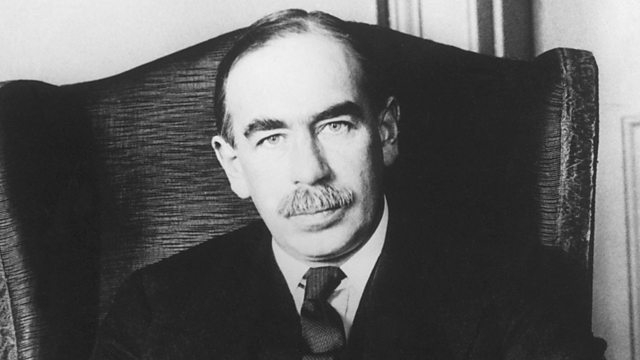
Photo: bbc 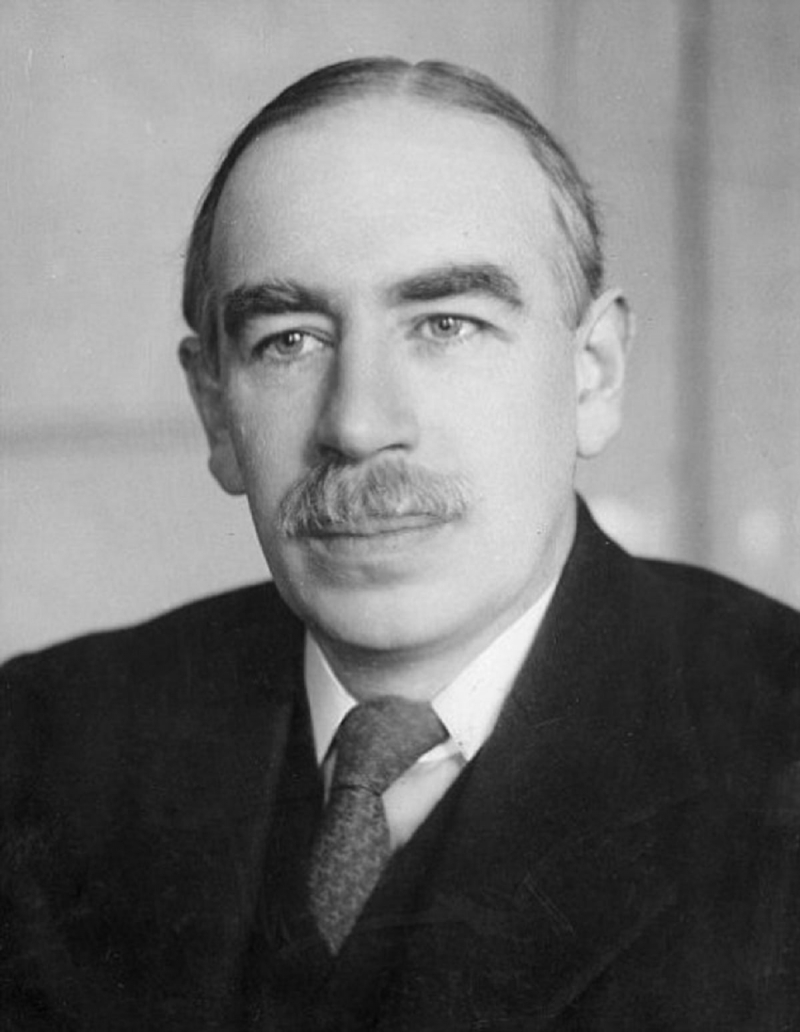
Photo: kobo -
One of the interesting facts about John Maynard Keynes is he had nearly exclusively male connections in his early years, despite subsequently marrying a woman. Early on, Keynes only had love and sexual interactions with men. While attending Eton and Cambridge, Keynes had relationships; notable among these early partners were Dilly Knox and Daniel Macmillan. Keynes was candid about his affairs and kept separate journals from 1901 to 1915 in which he kept track of all of his numerous sexual encounters. Keynes was fortunate to have a rapport and later a close acquaintance with Macmillan because it was their business that first published his essay Economic Consequences of the Peace.
The Bloomsbury Group, in which Keynes was actively engaged, had lenient attitudes on homosexuality. The Cambridge Apostles' Victorian attitudes had been changed by Keynes and author Lytton Strachey. According to Bertrand Russell, gay relationships among the members had been prevalent since their time. He first met Duncan Grant in 1908, and Grant became one of Keynes's greatest loves. Lytton Strachey and Keynes were romantically involved, but they were mostly love rivals rather than lovers. Keynes had gained Arthur Hobhouse's love, and, like Grant, an envious Strachey fought him over it. Keynes had previously turned Strachey off, in part because of the way he "treated [his] love affairs quantitatively."
Despite receiving several criticisms regarding his sexuality while he was alive, Keynes was never secretive about it. Though he was married, it is believed that he carried on having affairs with men in his final years.
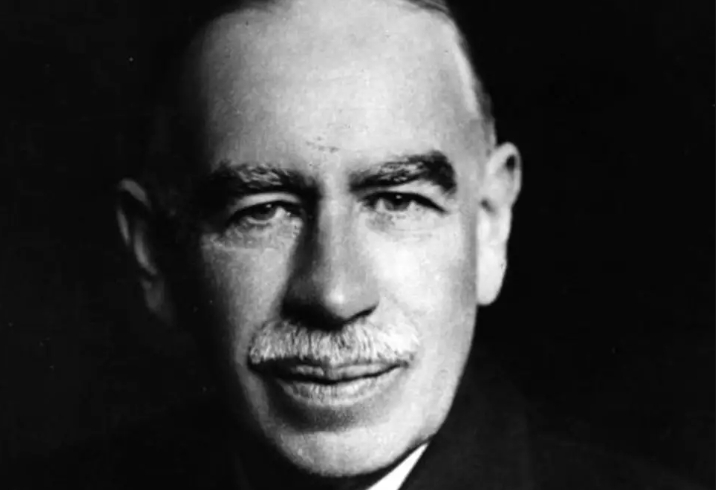
Photo: adamsmith 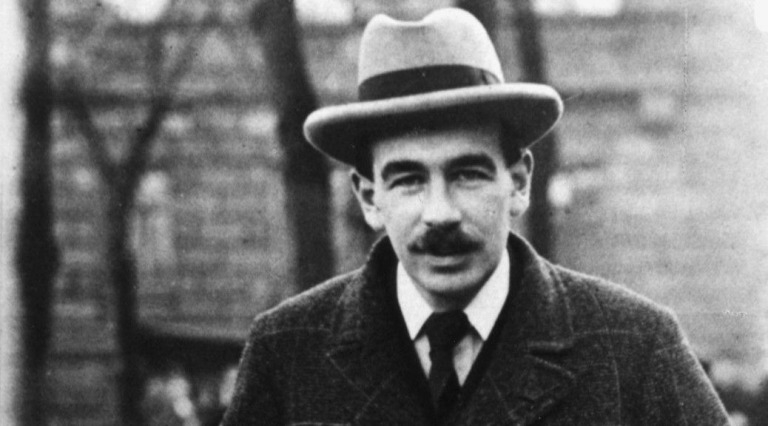
Photo: happy.live -
One of the less well-known ways that John Maynard Keynes was ahead of his time was his support for women's rights over their bodies and for society's increased tolerance of people's sexual orientations.
In 1925, he made the infamous lecture about the necessity for contraceptives and women's control over them in Moscow, which was welcomed with laughter. Later, he would discuss contraceptives, women's control over their own bodies, and society's acceptance of all sexual orientations and people on a number of occasions. In his day, he was seen as being highly futuristic.
He was appointed vice-chairman of the Marie Stopes Society, which offered education on birth control, in 1932. He advocated against unequal compensation for men and women in the workplace. He was a vocal advocate for changing the laws prohibiting homosexuality.
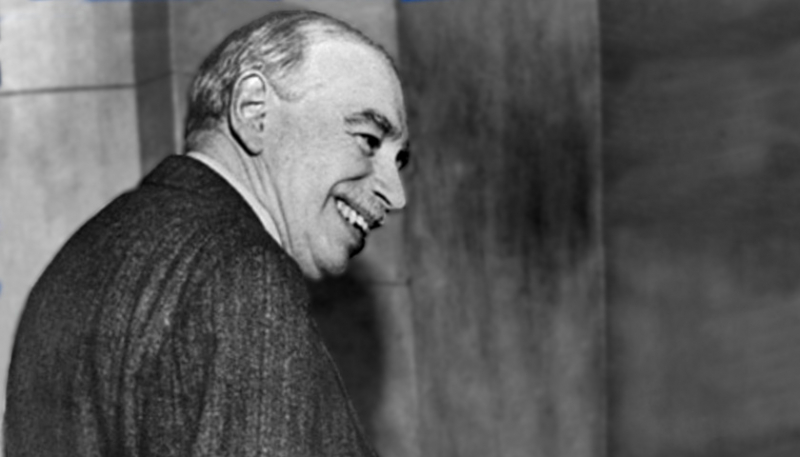
Photo: tennesseestar 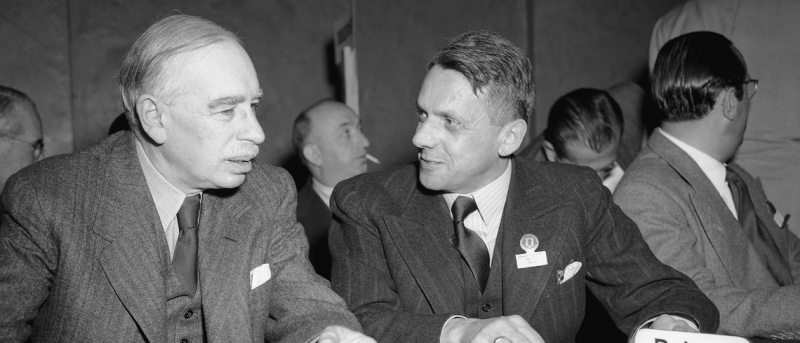
Photo: trtworld -
It turns out that John Maynard Keynes never intended to be the most significant economist of the 20th century. Keynes left Eton for King's College in Cambridge in 1902 after being awarded a scholarship to study mathematics there as well. Keynes was begged by Alfred Marshall to pursue a career in economics, but his own interests were in philosophy, particularly G. E. Moore's ethical philosophy.
He graduated with a first-class BA in mathematics in May 1904. Although he was an expert in the field, he wanted to explore other philosophical avenues. With the exception of a few months spent on vacation with family and friends, Keynes spent the following two years staying active with the institution after temporarily leaving Cambridge. He participated in discussions, continued his study of philosophy, and attended unofficially for one term as a graduate student in economics lectures. One of the interesting facts about John Maynard Keynes is this was John Maynard Keynes's sole official education in economics, and it's significant to note that he never took an exam or obtained a degree in the field.
The early optimism Keynes experienced is crucial to understanding his later thinking, according to economist Harry Johnson. Keynes consistently believed he could find a solution to each issue he focused on, and never wavered in his belief in the capacity of public servants to do right.
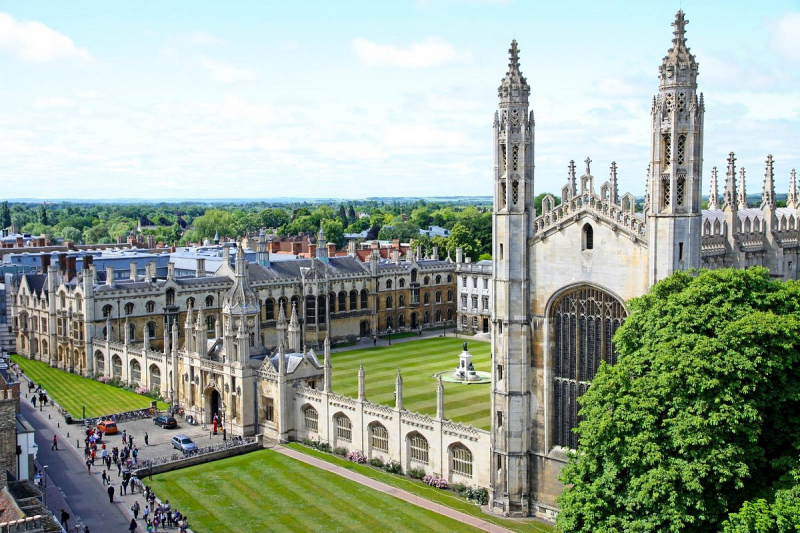
Photo: KIng's College Cambridge today - tripadvisor 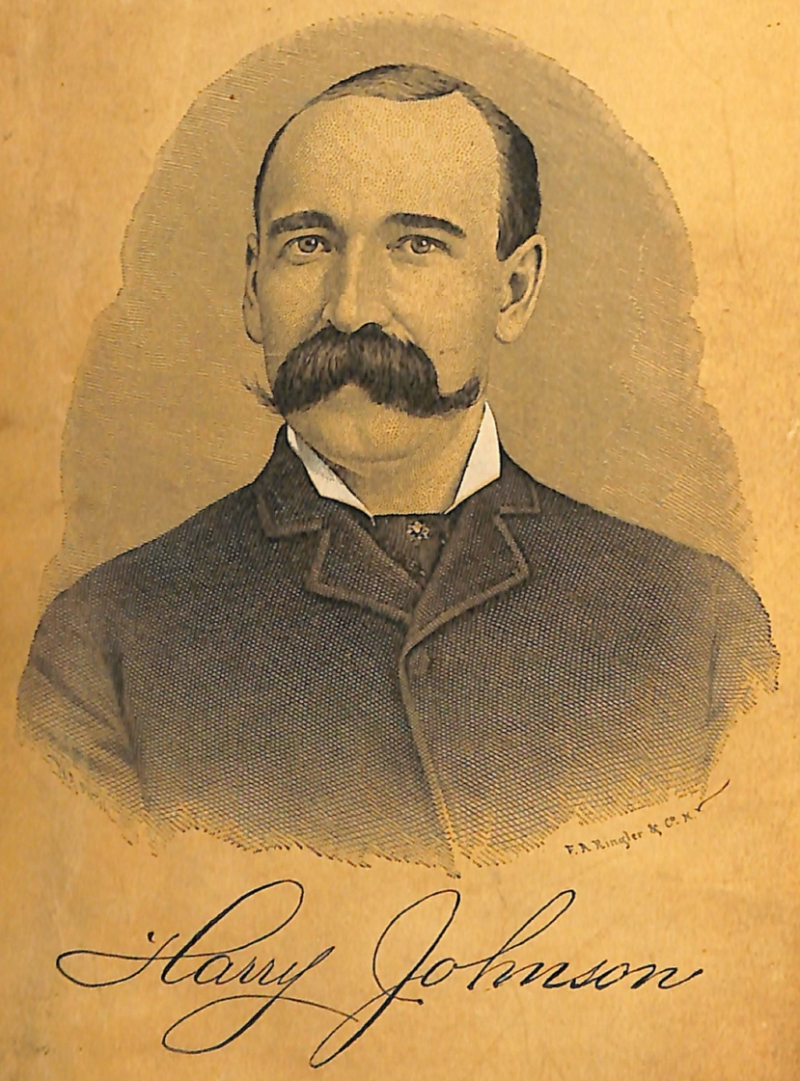
Photo; Harry Johnson - commons.wikimedia.org -
Though his ideas were not always well-liked, John Maynard Keynes is now regarded as one of the greatest economists of all time.
Keynes, a centrist who has been credited by some with having the biggest influence of any economist of the 20th century, received harsh criticism from both political extremes. As an anti-establishment figure in the 1920s, Keynes was mostly attacked by the right. Even in Cambridge, many young economists supported Marxist ideologies during the “red 1930s.” While Keynes was primarily speaking with the right to try to convince them of the benefits of more progressive policy, his most strident detractors came from the left, who saw him as a proponent of capitalism. The majority of Keynes's critics have once again come from the right since the 1950s.
One of his strongest detractors was the Austrian-British economist Friedrich Hayek, who claimed that his theories gave the state too much power and could lead to an extreme form of socialism. The views of Keynes were also criticized openly by President Harry Truman.
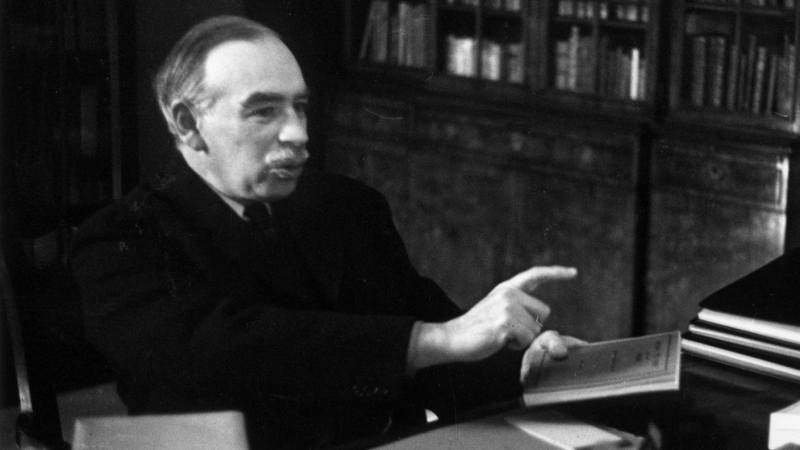
Photo: moneyweek 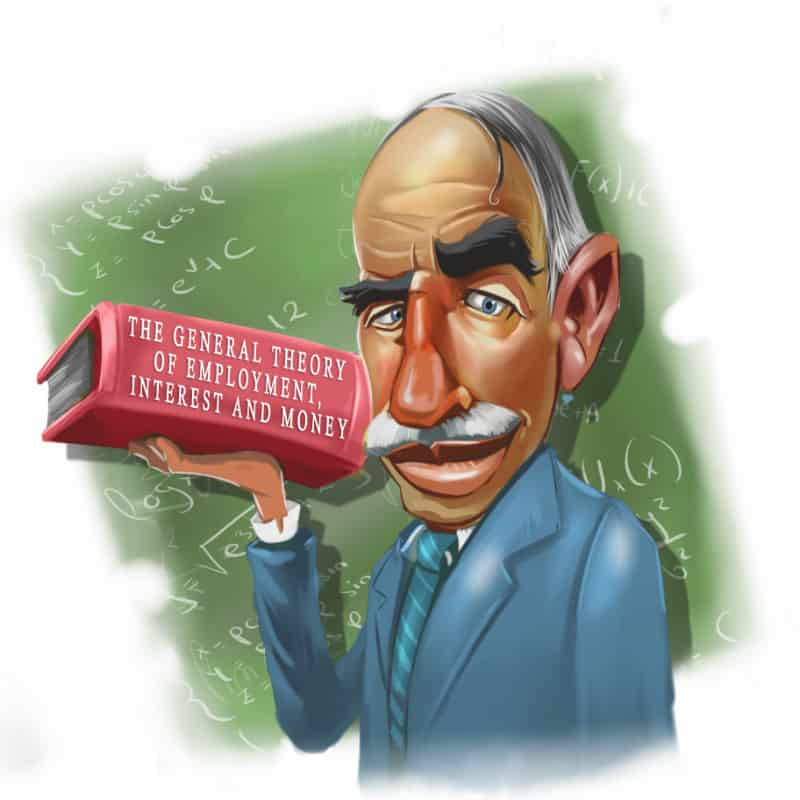
Photo: simplycharly -
During the First World War, the British government utilized Keynes' knowledge. A few days before hostilities began, Keynes traveled to London at the government's invitation, though he did not formally re-join the civil service that year. Bankers had been pushing for the suspension of specie payments, or the ability of banknotes to be converted into gold, but with Keynes's assistance, the Chancellor of the Exchequer (then Lloyd George) was persuaded that this would be a bad idea because payments being suspended before it was necessary would harm the city's future reputation.
Keynes began working for the Treasury as an official member of the government in January 1915. He was in charge of buying rare currencies and creating the terms of credit between Britain and its allies on the continent throughout the war. Keynes's “nerve and skill became legendary” as a result of his fulfillment of these duties, according to economist Robert Lekachman, as in the instance where he managed to assemble, with difficulty, a modest amount of Spanish pesetas.
He asked for a conscientious objector's exemption when military conscription was introduced in 1916, and it was essentially given as long as he continued working for the government.
Keynes received the Companion of the Order of the Bath award for his wartime service in the 1917 King's Birthday Honours, and his achievement led to the appointment, as the Treasury's financial representative to the 1919 Versailles peace conference, that had a profound impact on Keynes' life and career. Additionally, he was made an Officer of the Leopold Order of Belgium.
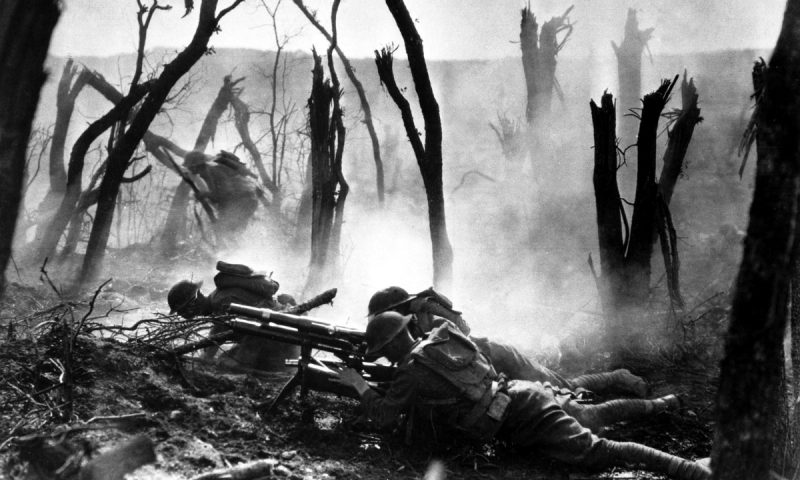
Photo: WWI - mwi.usma.edu 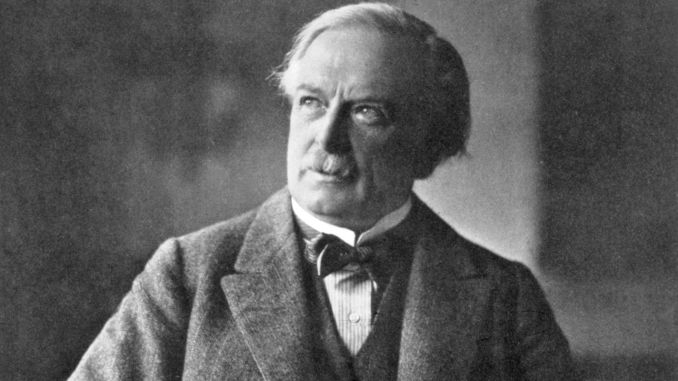
Photo: Chancellor of the Exchequer Lloyd George - nghiencuuquocte -
According to Keynes, the purpose of employment should be to offer leisure rather than the chase of wealth for its own sake, which is a pathological condition. He favored longer vacation days and fewer working hours for everyone.
Keynes was interested in literature in general and drama in particular, and he provided financial assistance to the Cambridge Arts Theatre, enabling it to grow into one of the most important British theaters outside of London.
Keynes's passion for classical opera and dance prompted him to fund the Sadler's Wells Ballet Company and the Royal Opera House at Covent Garden. As a participant in CEMA (the Council for the Encouragement of Music and the Arts), Keynes worked to gain government funding for both organizations' upkeep while their facilities were closed. Keynes played a crucial role in the establishment of the Arts Council of Great Britain after the war and served as its first chairman in 1946. The Royal Opera House and Sadler's Wells were the first two organizations to receive the greatest donations from the new organization.
Paul Cézanne, Edgar Degas, Amedeo Modigliani, Georges Braque, Pablo Picasso, and Georges Seurat are among the artists whose works Keynes amassed a sizable collection of (some of which can now be seen at the Fitzwilliam Museum). In addition to collecting and preserving many of Isaac Newton's papers, he loved collecting books. Keynes referred to Newton as “the last of the magicians” in his writing, in part because of these publications.

Photo: Cambridge Arts Theatre - vocaleyes 
Photo: The Royal Opera House - bbc










